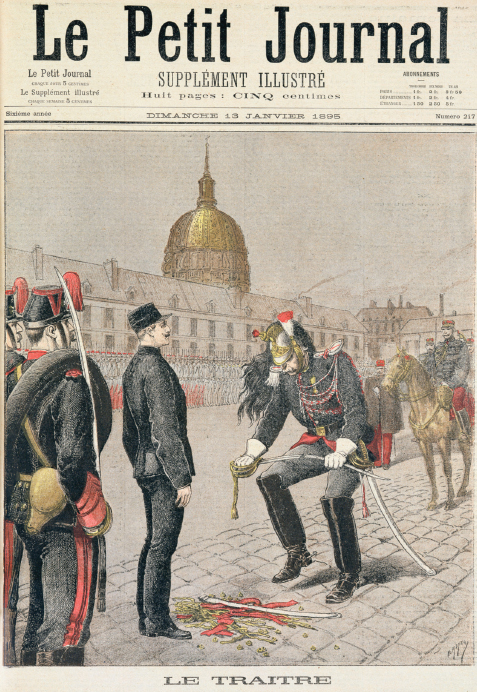How did nationalism and socialism shape European politics in the decades before the Great War?

The Traitor: Degradation of Alfred DreyfusAfter being arrested and convicted in a secret court martial for treason, Captain Dreyfus bravely stood at attention during a public degradation ceremony. While the officer on duty tore off his stripes, ripped off his honors, and broke his sword in two, Dreyfus shouted out, “You are degrading an innocent man! Long live France! Long live the army!” (Le Petit Journal, 13 January 1895/engraving by Henri Meyer [1844–
AAFTER 1871 NATIONALISM SERVED, for better or worse, as a new unifying political principle. At the same time, socialist parties grew rapidly. Governing elites manipulated national feeling to create a sense of unity to divert attention from underlying class conflicts, and increasingly channeled national sentiment in an antiliberal and militaristic direction, tolerating anti-